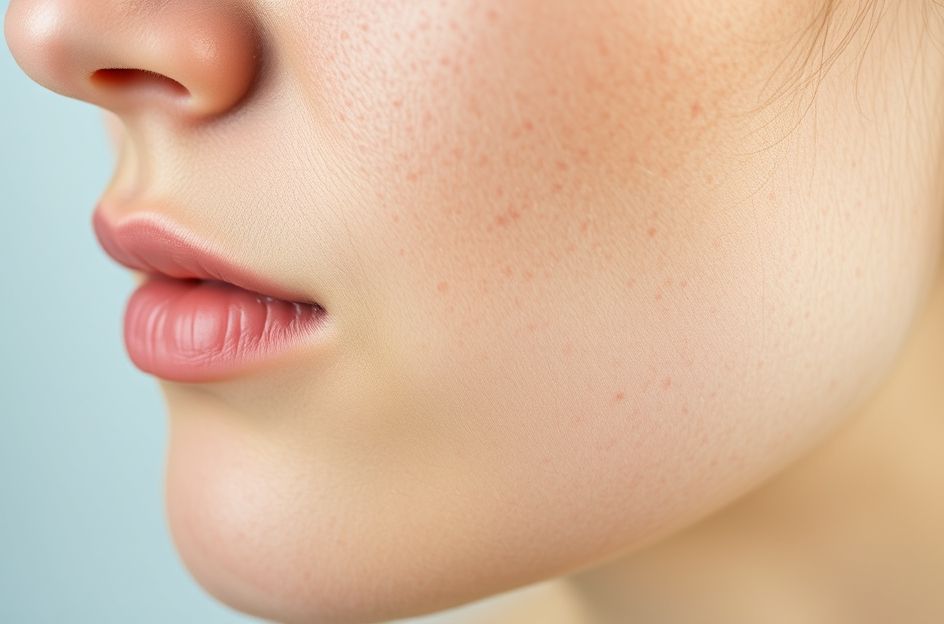Acne is a widespread skin condition, affecting a large percentage of teenagers, young adults, and a considerable number of adults. Given the abundance of available acne information, determining the most suitable treatment or medication can be challenging.
For mild to moderate acne cases, a consistent and well-executed preventative and treatment regimen can often effectively manage the condition. However, individuals with severe acne may find that over-the-counter or non-prescription treatments don’t provide the desired results. In such instances, consulting a qualified dermatologist is advisable; they can develop a comprehensive treatment plan.
For those prescribed medication for severe acne, thorough research is essential before starting treatment. A prime example is Isotretinoin (sold as Accutane, Amnesteem, Claravis, and Sotret), prescribed for severe nodular acne. The FDA provides detailed information about this medication, highlighting potential birth defects and ongoing investigations into reports of suicidal thoughts associated with its use. A risk management program, iPLEDGE, is in place to ensure appropriate controls regarding the use of Isotretinoin. It’s crucial to obtain this medication only through legitimate channels and not purchase it online.
A variety of prescription medications are available, including topical treatments for mild to moderate acne and oral medications for more severe cases. These include oral antibiotics, oral contraceptives, azelaic acid, benzoyl peroxide, clindamycin, erythromycin, sodium sulfacetamide, tazarotene, tretinoin, and adapalene.
Regardless of the specific medication, thorough research is always recommended, as information can change over time. Understanding potential side effects and benefits empowers informed decisions about acne treatment.
